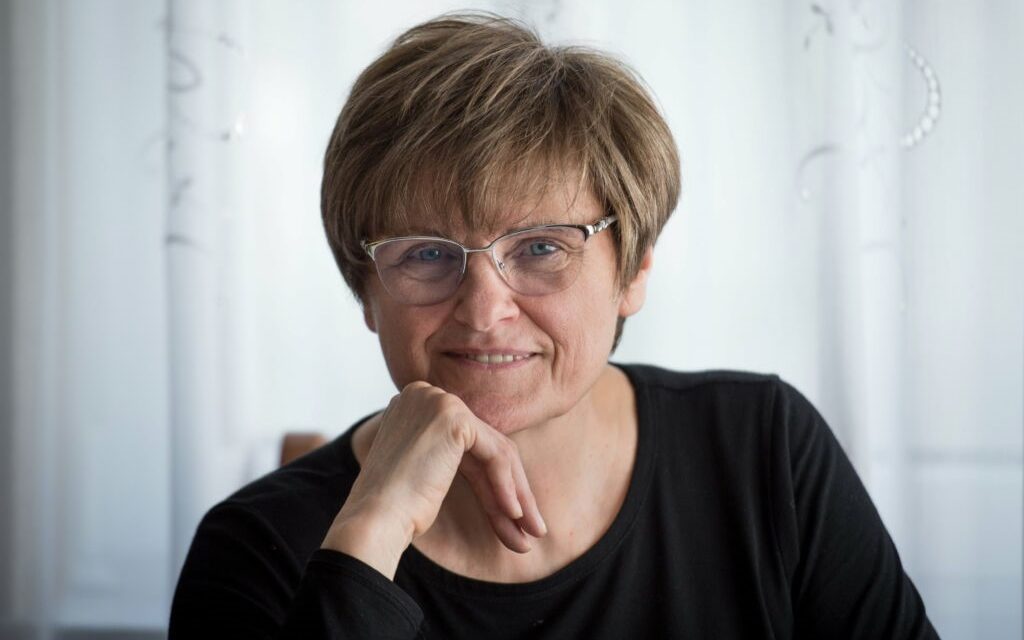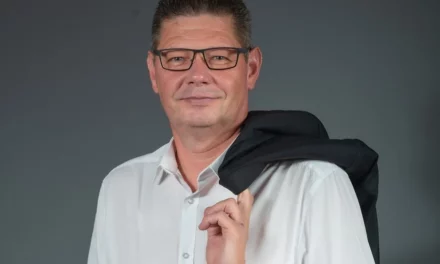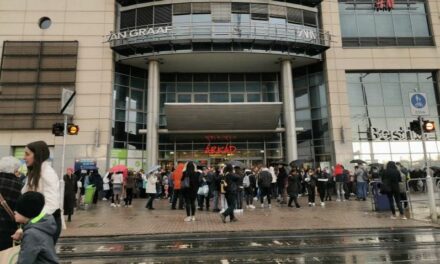When I was fired ten years ago, they argued that I didn't explain enough what I do. Could it be that they were the only ones who could not understand me? asked Katalin Karikó at the joint professional event of the Mathias Corvinus Collegium (MCC) and the University of Szeged.
"I was always demoted and fired, so if I only focused on success, today I would be dealing with something completely different.
By the way, many people ask me how they can be successful?
I always say that success is relative. How many languages is your Wikipedia page in, how many times can you get back up after failure?” Katalin Karikó asked the question at the joint professional event of the Mathias Corvinus Collegium (MCC) and the University of Szeged. The Nobel Prize-winning Hungarian research biologist was greeted with a standing ovation in the hall of the Ferenc Móra Museum, where MCC students could ask questions for an hour.
If there is no pandemic, there is no Nobel Prize
He emphasized that he didn't feel like a failure even when he was fired for the fourth time ten years ago, because he knew that what he was doing was important. Katalin Karikó added that she doesn't think she's talented, she doesn't have any special abilities, but she's constantly learning, persistently searching for answers to her own questions, and never giving up on her goals. "If it hadn't been for the pandemic, I probably wouldn't have won the Nobel Prize. But that still made me sure that this is important and will help people, at least someone else will carry on what I started.
I didn't want anyone patting me on the back about how good I am at all"
- stated the scientist, who believes that the desire to know is more important than the Nobel Prize, because it is "just an award".
Those who look for fault in others do not learn from anything
"My story is a good example of how one can keep going despite every failure. My career was never about always being promoted. Even now, I don't know why, but I never complain, I don't blame others, but I set goals for myself and think about the solution. When I was fired ten years ago, they argued that I didn't explain enough what I do. Could it be that they were the only ones who could not understand me? Such people, who always look for fault in others, do not learn from anything"
- pointed out the world-renowned researcher, who also revealed that he has been able to work little in the past three years, because he mostly spends his time on airplanes, airports and lecture halls.
Science is like crime fiction
Having already completed such an ambitious career, crowned with the Nobel Prize, he tries to give back as much as possible to science and education, helps his fellow researchers, works on solutions to congenital diseases, submitted a patent application, and continues to advise BioNTech.
"Sometimes in science, as in crime fiction, you feel like you're on a hot trail. And then you mostly find out that you don't at all, and there are hundreds of thousands of other hot leads to investigate. But we learn a lot in the process, which can be a real solution later in another field, so we didn't work in vain," said Katalin Karikó, who repeated several times,
he does not see success primarily in awards, since he worked persistently throughout his career, yet he did not receive a single recognition in the first 40 years.
Featured image: MTI/Csilla Cseke













